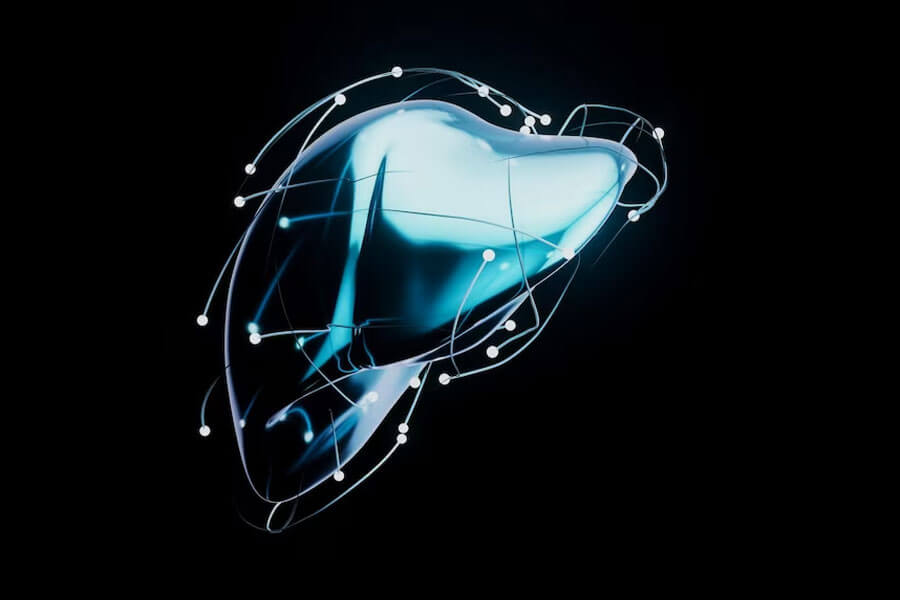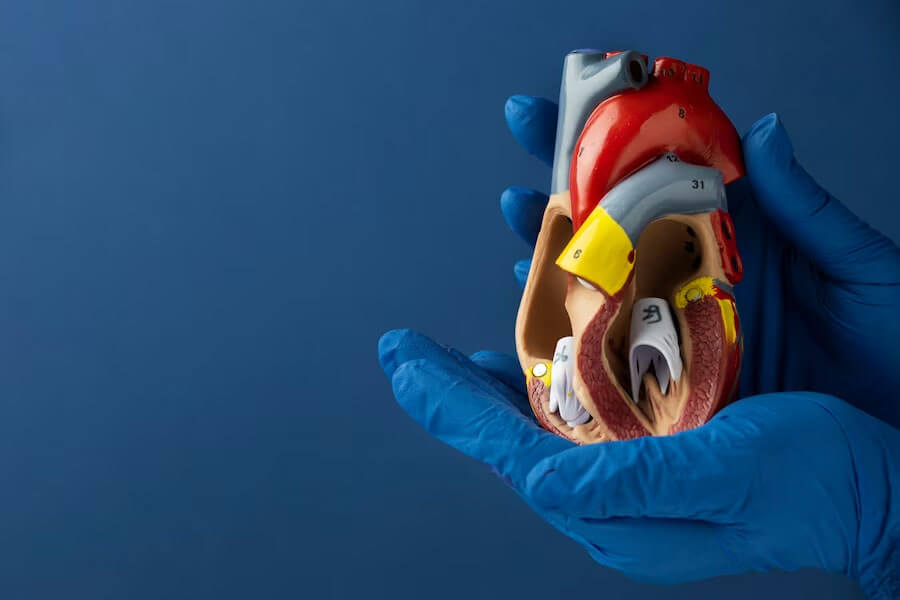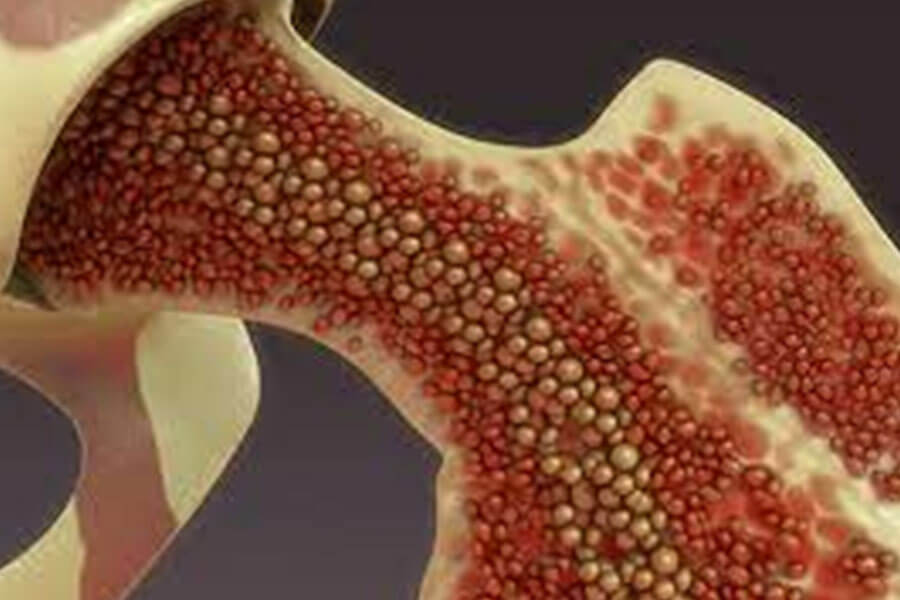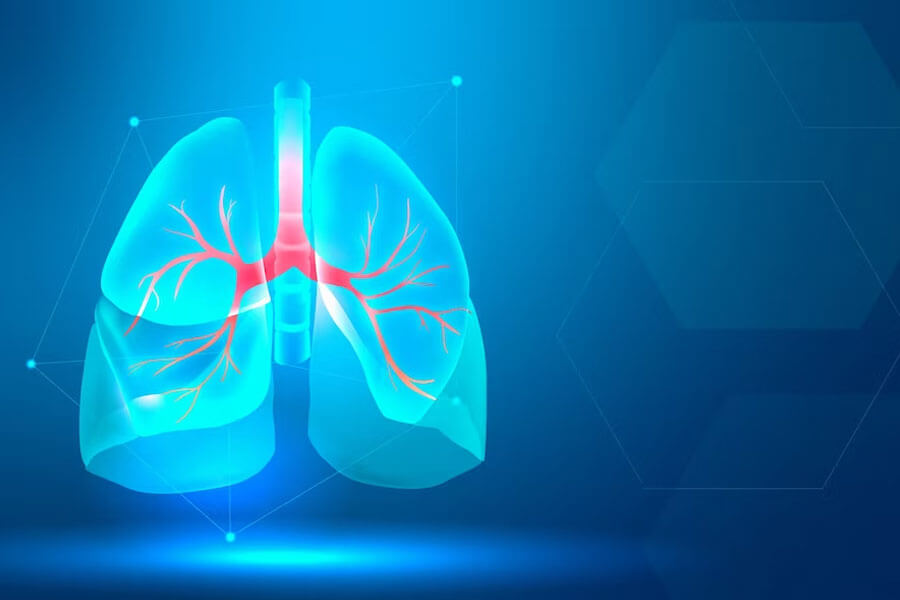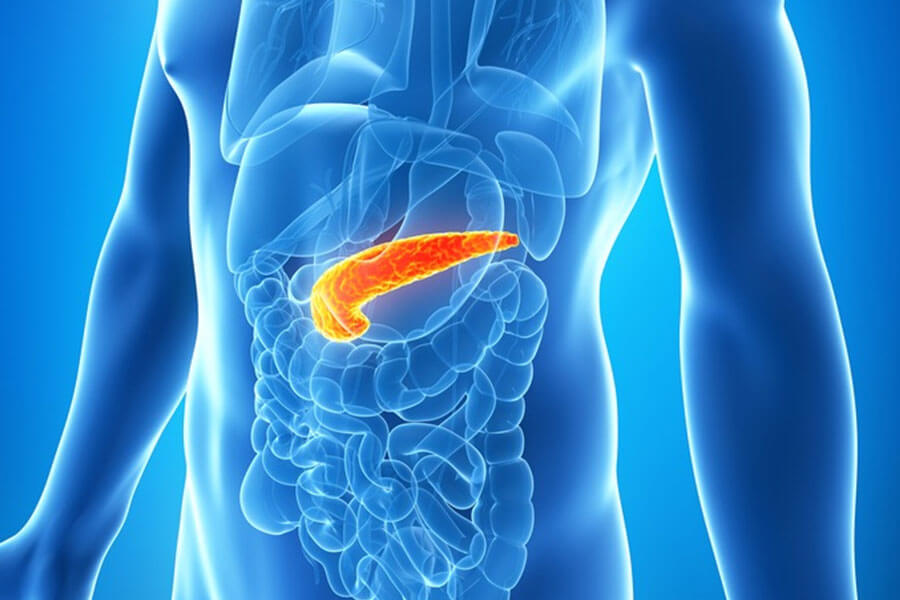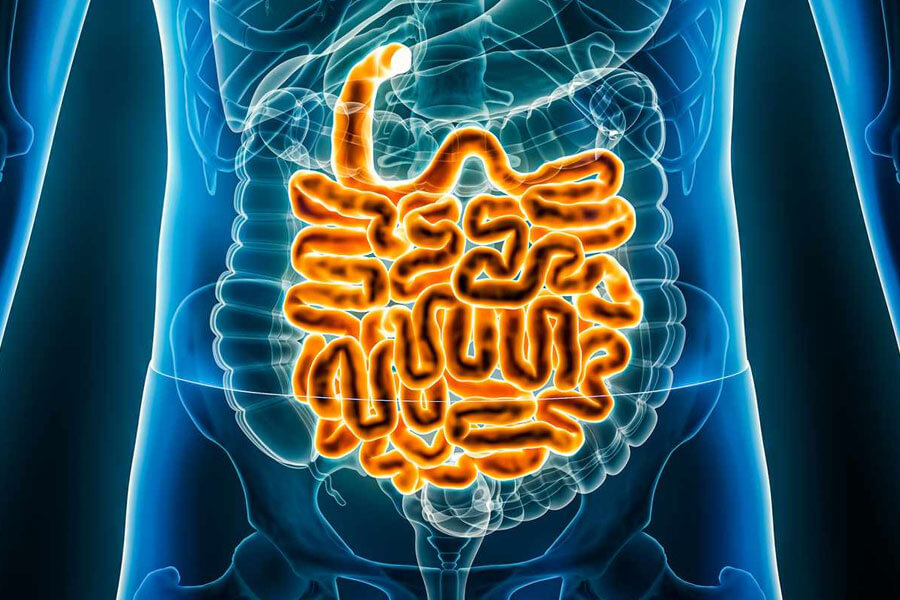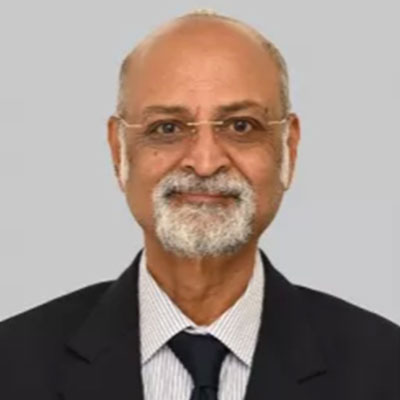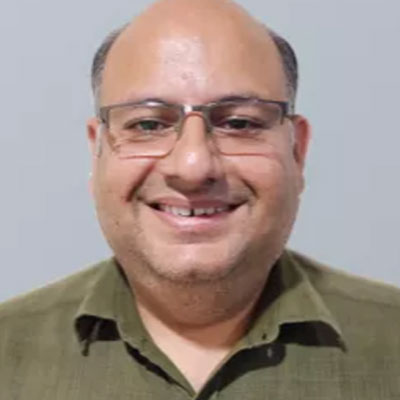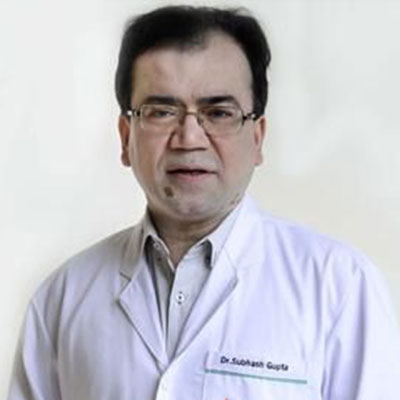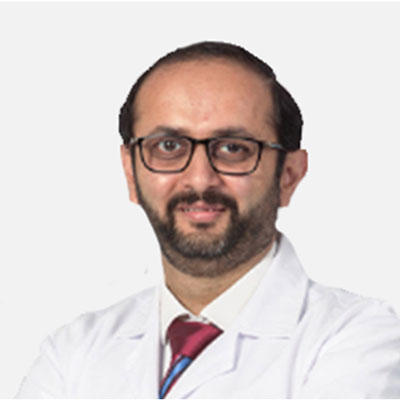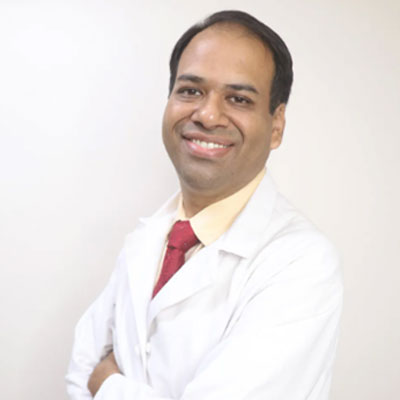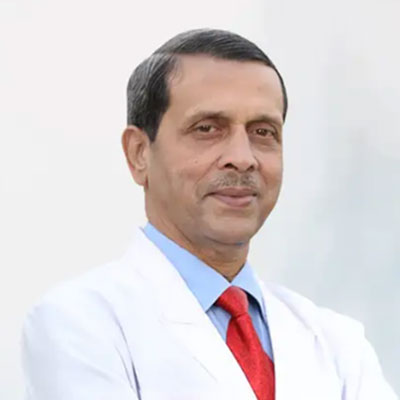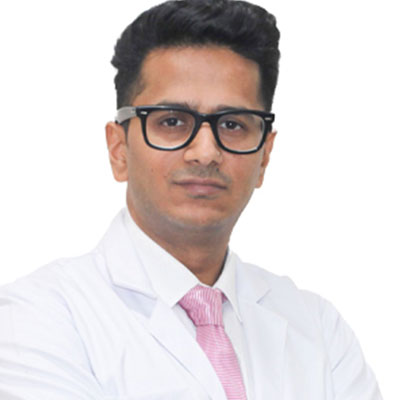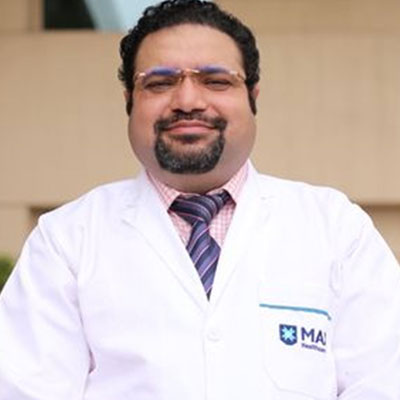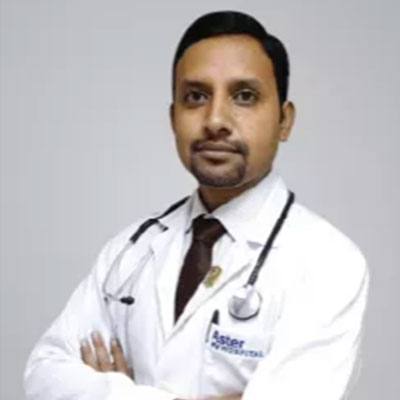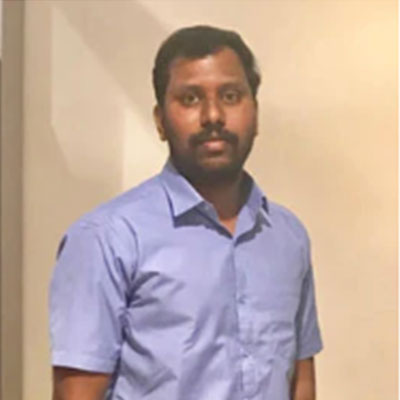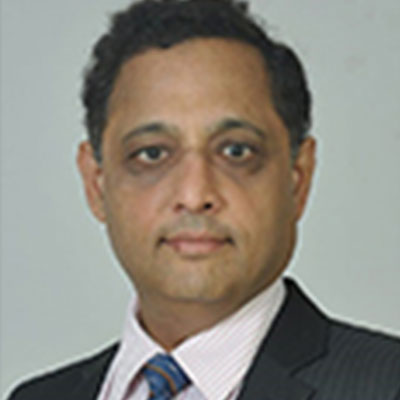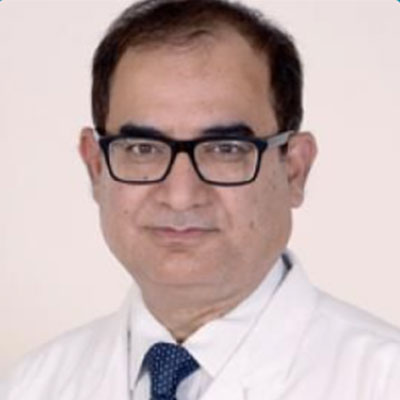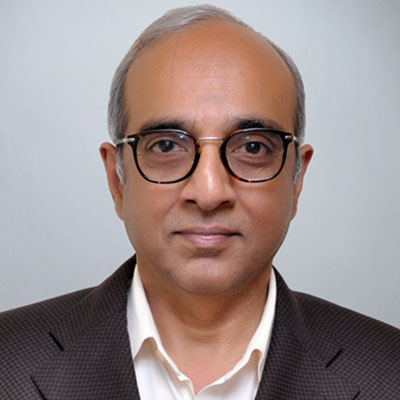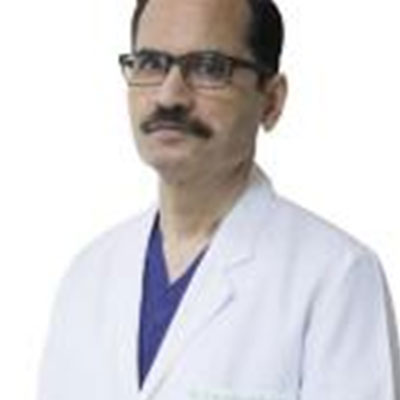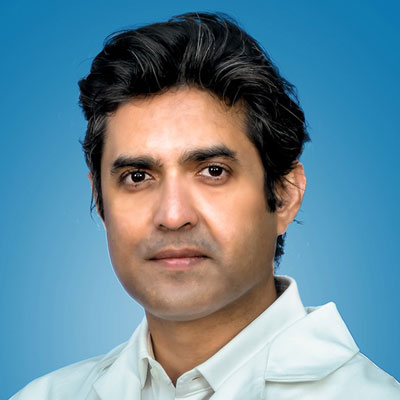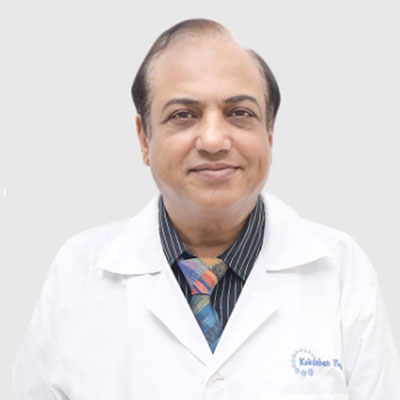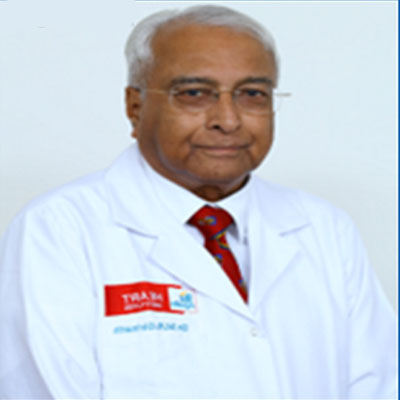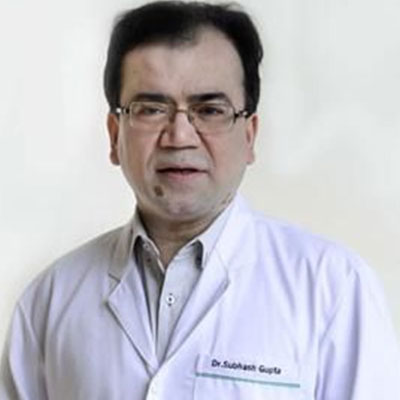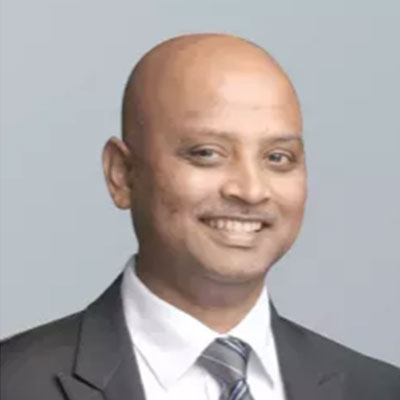- +91 9051161900
- contact@organtransplantindia.com
- Kolkata, India

We are simply a Medical Value Travel Organisation

We are simply a Medical Value Travel Organisation
About Organ Transplant India
www.organtransplantindia.com is a web wing of Indian Cancer Treatment to promote organ transplant in India to go along with “Treat In India “ concept supported by 30 years plus healthcare experience and high level of medico-legal integrity.
India Cancer Treatment ( ICT )is the most authentic Medical Value Travel entity based at East India providing right & authentic guidance to cancer patients and their caregivers to choose their right hospitals and doctors as per their socio-economic requirement and stage of disease.

Our Associate Doctors
Testimonials

জসীমউদ্দীন
Chittagong, Bangladesh
Smith
Canada
Amelle
France
Anselem
Germany
Frequently Asked Questions
The donor must be a first-degree relative (parent, sibling, or child) or spouse and have a blood type that is compatible with that of the recipient. The age limit for the donor is between 18 and 50 years. The donor should not have any metabolic or liver-related disorders.
Following is a list of important documents that you must carry while traveling to India for your organ transplantation:
- Letter from the Ministry of Health of the donor’s country or referral letter from the treating hospital in the donor’s country
- Affidavit by the donor stating the relationship and purpose of the donation
- Affidavit by the recipient stating the relationship
- NOC (No Objection Certificate) from the donor’s next of kin
- Proof of relationship — marriage certificate or birth certificate
- In the absence of a birth certificate, a notarized declaration of age, or a declaration of age notarized by courts of the judicial magistrate of the first class of the donor country
- Family tree prepared by a notary or magistrate
- Passport and visa copies
- Photographs – 3 copies.
- If unmarried, with parents and siblings (if any)
- If married, with spouse and children (if any)
- Passport-size photographs – 8 copies
Before your travel, our medical officer from your selected hospital will reach out to you to give you all the information you need for your treatment journey to be hassle-free here in India.
Both the patient and the donor will be thoroughly evaluated before the procedure.
Before the procedure, a series of medical tests and exams will be recommended to determine whether they are healthy enough to undergo a liver transplant. The tests may include blood tests, imaging tests, and physical exams. The donor will also be subjected to a psychological evaluation to ensure that they are fully aware of the risks and benefits of donation and are mentally prepared for the procedure. The patient will be evaluated to determine their suitability for a liver transplant and to assess the severity of their liver disease.
Depending on the case, the evaluation process may take anywhere between 1-2 weeks.
Before theprocedure, a series of medical tests and exams will be recommended to determine whetherthey are healthy enough to undergo a liver transplant. The tests may include blood tests,imaging tests, and physical exams. The donor will also be subjected to a psychologicalevaluation to ensure that they are fully aware of the risks and benefits of donation and arementally prepared for the procedure. The patient will be evaluated to determine theirsuitability for a liver transplant and to assess the severity of their liver disease.
Depending on the case, the evaluation process may take anywhere between 1-2 weeks.
The time it takes to complete all the formalities and undergo transplantation surgery can vary depending on type of transplant and other several factors, such as the approval from the Organ Transplant Committee, the complexity of the procedure, and the patient’s overall health. It may take about 21–30 days for you to complete all the formalities and undergo your surgery.
Donation of organ (living donor) is a major surgery. It comes with certain risks, such as bleeding, infection, and other treatment-related complications. However, based on types of transplants, both donor & recipient get counselled and aware about the probable consequences by our associated hospital’s medical team
The chances of the body rejecting the transplanted organ are low among first-degree relatives, such as a parent, child, or sibling; nevertheless, it is still possible for the transplanted organ to be rejected.
If organ rejection does occur, you will be treated with immunosuppressants, which help reduce organ damage.
At our selected associated hospitals, our transplant specialists strive to reduce the risk of rejection through proper matching of donor and recipient, the use of immunosuppressive medications, and consistent monitoring of the recipient’s health and organ function after transplantation.
If organ rejection does occur, you will be treated with immunosuppressants, which help reduce organ damage.
At our selected associated hospitals, our transplant specialists strive to reduce the risk of rejection through proper matching of donor and recipient, the use of immunosuppressive medications, and consistent monitoring of the recipient’s health and organ function after transplantation.
If organ rejection does occur, you will be treated with immunosuppressants, which helpreduce organ damage.
At our selected associated hospitals, our transplant specialists strive to reduce the risk of rejection through propermatching of donor and recipient, the use of immunosuppressive medications, andconsistent monitoring of the recipient’s health and organ function after transplantation.
After organ transplantation, patients will need to have a proper follow-up regimen and make certain lifestyle changes to ensure the best possible outcomes. These may include adhering to the medical guidance given by the doctor, keeping up with follow-up appointments, avoiding alcohol and tobacco, following a healthy diet, and staying physically fit. It is important for you to be mindful of any unusual symptoms, like fever, jaundice, nausea, etc., and promptly report them to your doctor.
With proper care and a healthy lifestyle, organ transplant recipients can live a normal and healthy life after the surgery.
Sister Concern
Indian Cancer Treatment is one of the most reputed and authentic body which meets the demand for cancer treatment guide for patients travelling to India from abroad.
The team is having consolidated experience of over 55 years into health and hospital industry with focussed and specialised acumen in oncology treatment. We are committed to support our clients to guide and to help them to choose the right cancer hospital for their treatment as not all hospitals are cancer specific hospitals.

